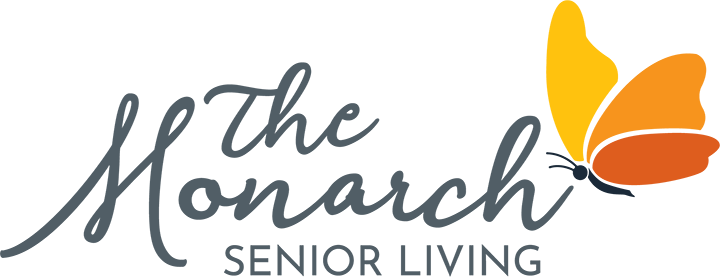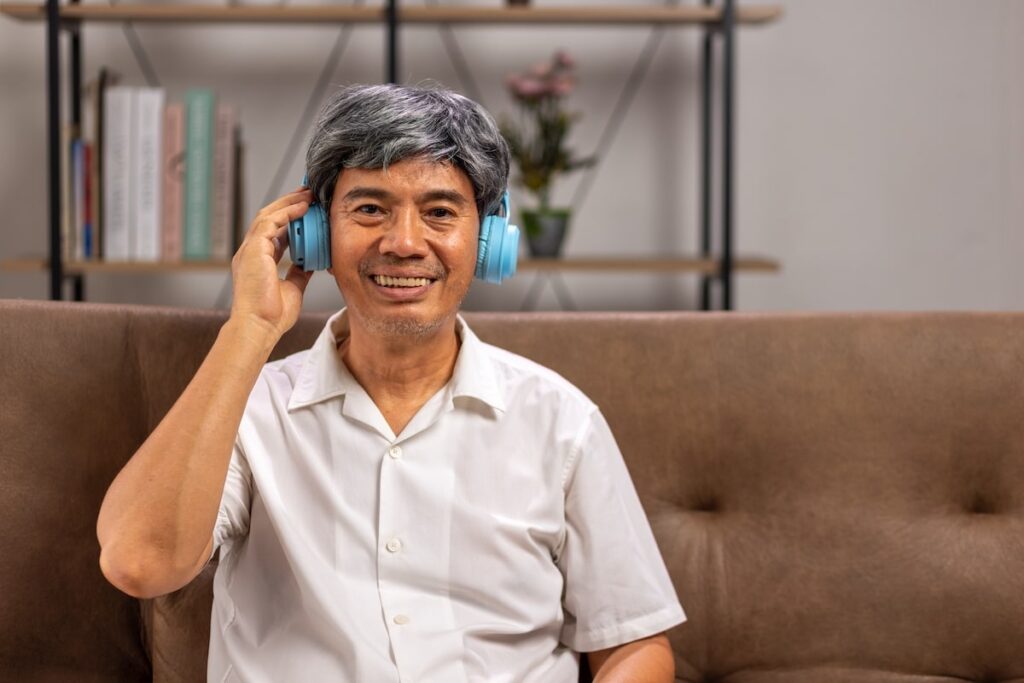Caregiver Summer Travel Tips for Rest and Renewal
Caring for a family member is a profound act of love, but it can also be physically and emotionally demanding. One of the biggest hurdles is knowing when and how to step away from caregiving duties to rest and recharge. Guilt often makes it difficult to prioritize your own needs, but taking time to care for yourself isn’t a luxury—it’s essential. It not only supports your well-being but also helps you provide better care. With summer here, now might be the perfect opportunity to take that well-deserved break.
Our assisted living and memory care team at The Monarch Senior Living is exploring the delicate balance caregivers face and offering practical advice on planning a summer trip that gives you a break while ensuring your family member is well cared for. These caregiver summer travel tips aim to help you create a safe, enjoyable experience for everyone involved while fostering peace of mind.
Creating a Support Network
One of the most vital pieces of advice for caregivers planning a summer trip is to learn the art of delegation. No one carries the weight alone; seeking help is not a sign of weakness but a necessary step to maintain balance. Enlist the support of family members or trusted friends to share caregiving duties during your absence. Open communication allows others to truly understand the important daily habits and needs of the individual you’re caring for.
Preparing for a Stress-Free Getaway

As a caregiver, leaving the person you care for in someone else’s hands requires careful planning and organization. Start by creating a detailed guide with all the essential information. Include a schedule outlining daily routines, medication times, dietary needs, and any specific care instructions. Make sure prescriptions, over-the-counter medications, and assistive devices are easily accessible and labeled for clarity.
Draft an emergency contact list including doctors, close family, and friends, ensuring that caregiving instructions are readily accessible. If the person you care for will be home with others or in temporary care, schedule regular check-ins to stay connected. It’s an added layer of reassurance for both you and them. With thoughtful preparation, you can enjoy your time away knowing your family member is well cared for.
Navigating Guilt
The hardest part of planning a trip as a caregiver isn’t logistics but rather the wave of emotions that often accompanies the decision. Many caregivers experience guilt when focusing on their own well-being, with internal dialogue suggesting neglect or irresponsibility. However, it’s worth repeating this simple truth: You cannot pour from an empty cup.
Combating guilt begins with perspective. Remind yourself that taking breaks is essential for building emotional and physical stamina. Reframe travel as an opportunity to return refreshed, enabling you to provide even better care. Open communication with the person you care for can also offer reassurance. They likely understand your needs even more than you realize and might feel better knowing you’re committed to taking care of yourself.
Celebrate the steps you’ve taken to ensure their well-being while you are away. Whether it’s enlisting family help, tapping into professional caregiving solutions, or doubling down on preparation, your efforts are proof of your deep commitment.
Assisted Living and Memory Care Options at The Monarch

Another way to ease your heart while traveling is to consider transitioning your family member into a more supportive setting. At The Monarch Senior Living, we provide specialized services tailored to cognitive and physical health, creating safe, engaging spaces to enhance overall well-being.
The Monarch Senior Living offers personalized assisted living and memory care services designed to enhance the lives of older adults while providing peace of mind to family members. Our assisted living communities emphasize independence and overall wellness with holistic programs that address physical, social, intellectual, and creative needs. For individuals with Alzheimer’s disease or other memory impairments, our Valeo™ memory care neighborhoods focus on providing compassionate care, whole-person wellness, and meaningful, individualized lifestyles.
By helping your relative transition into a senior living setting, you empower them to engage in a routine that blends care with enrichment. From unique programming to expert health monitoring, our senior living communities throughout Texas and Nevada allow you to enjoy your time away with the assurance that your family member is well cared for in a compassionate setting.
Time for Balance
Balancing caregiving responsibilities with personal well-being isn’t just a challenge; it’s an art form. Fortunately, following the caregiver summer travel tips mentioned above makes it possible to experience the joys of this season and care for your own wellness.
To learn more about our assisted living and memory care services, we invite you to contact a member of our team.




























